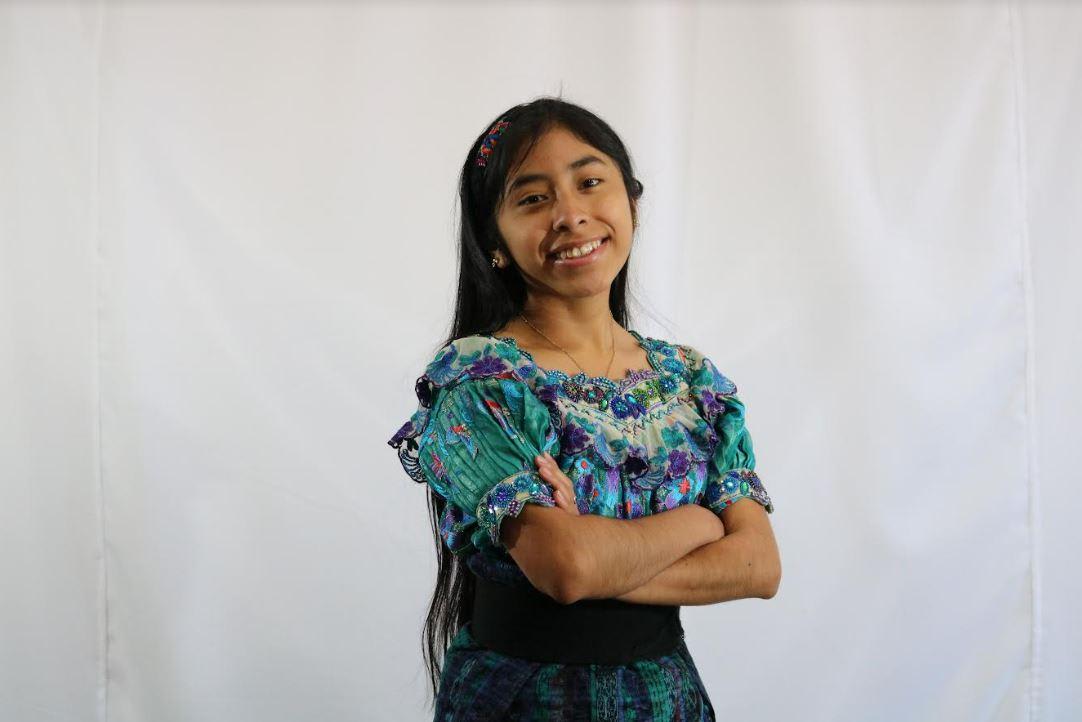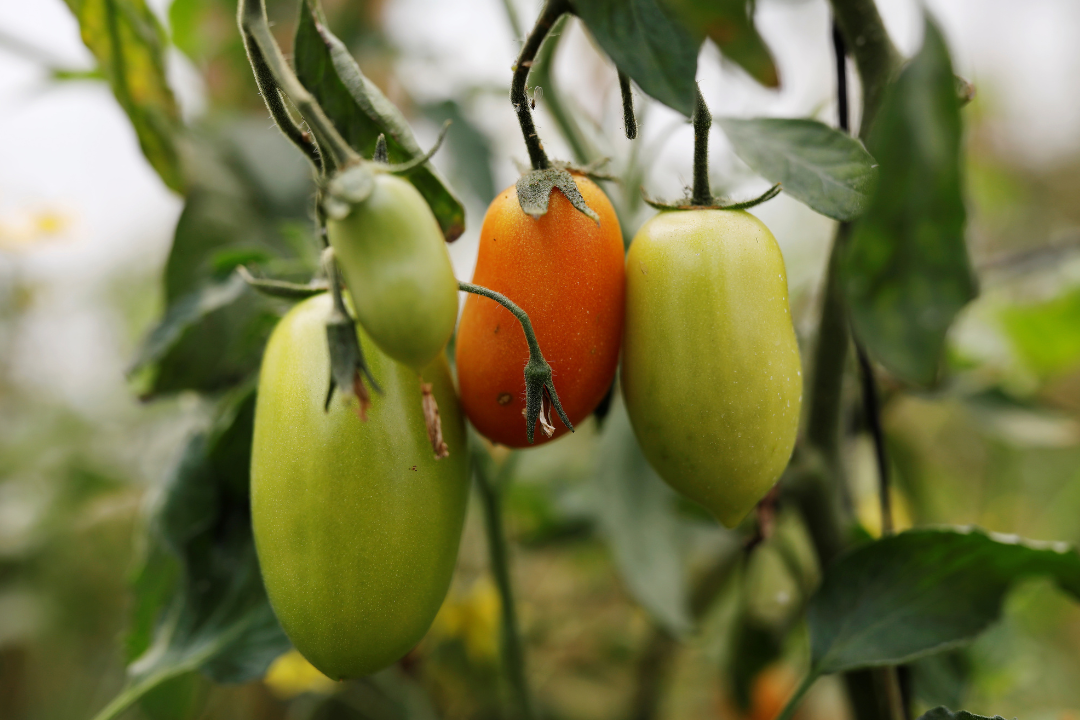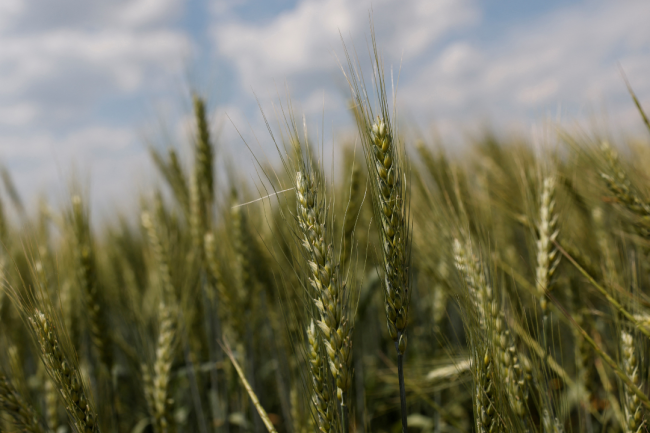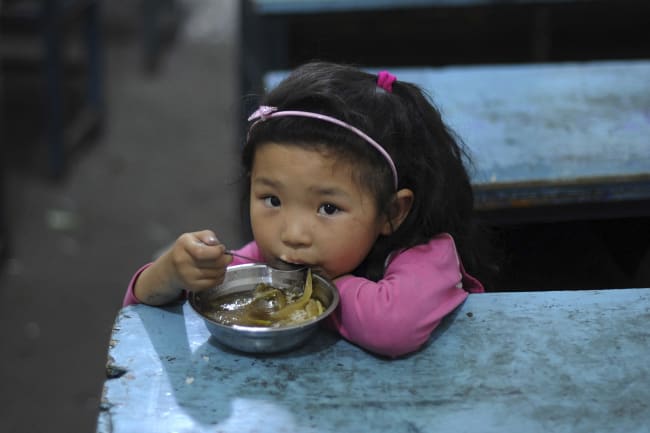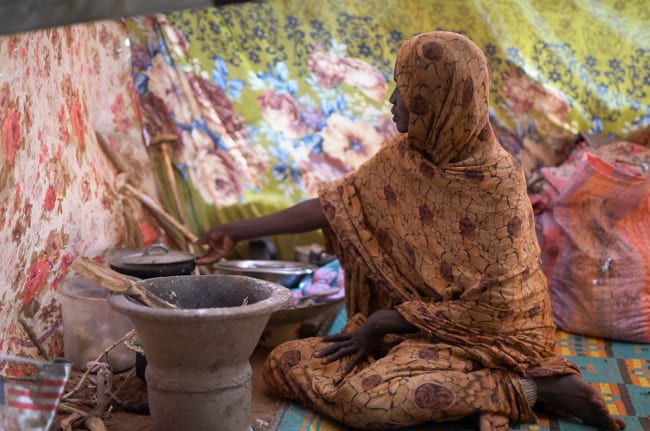Devastated by a civil war that inflicted violence upon Indigenous communities for more than three decades, from November 1960 to December 1996, Guatemala still carries the war's scars, including high poverty rates and malnutrition. The Central American country also struggles with issues of gender inequality. All of these factors make it challenging for Indigenous girls to succeed.
However, some young women, like Marisol, a 17-year-old high school graduate, are working in their communities to empower other women. Marisol is implementing projects that reduce malnutrition. From a family of farmers, Marisol is a native of Sololá, a department located in the western part of the country where over 80 percent of the population lives in extreme poverty, according to Guatemala's National Institute of Statistics. In her community, where the majority of the population speaks the Mayan language Kaqchikel, most children achieve only very low levels of education.
A decades-long civil war, poverty, malnutrition, and gender inequality have created challenges for Indigenous girls in Guatemala
"There are still several stereotypes about women in my village. People here say that education is a waste of time, you must stay at home helping your mother and sisters, and women only exist to get married and raise a family," Marisol says.
According to Tatiana Carranza, a specialist on education at Plan Internacional Guatemala, a non-profit organization that promotes the rights of children and the equality of girls, "Most Maya girls are unable to complete elementary school due to poverty, domestic workload, or cultural barriers."
Marisol is one of six children and the only child in her family who started studying at an early age. After earning a scholarship at MAIA Impact School, a secondary school for Maya girls in Sololá, Marisol found her passion for women's empowerment.
"Very few females in my community become leaders. It is not common at all to talk about women's empowerment because we have the idea that men always lead," Marisol explains.
With the pandemic, realizing that social and cultural problems were only intensifying more, Marisol came up with an idea that could fight malnutrition and at the same time, empower females. "Huertos Familiares," which means "family gardens" in Spanish, involves the construction of small spaces for planting. Mothers and other stay-at-home women are empowered to create these gardens in their backyards where they can harvest plants and seeds used for cooking.
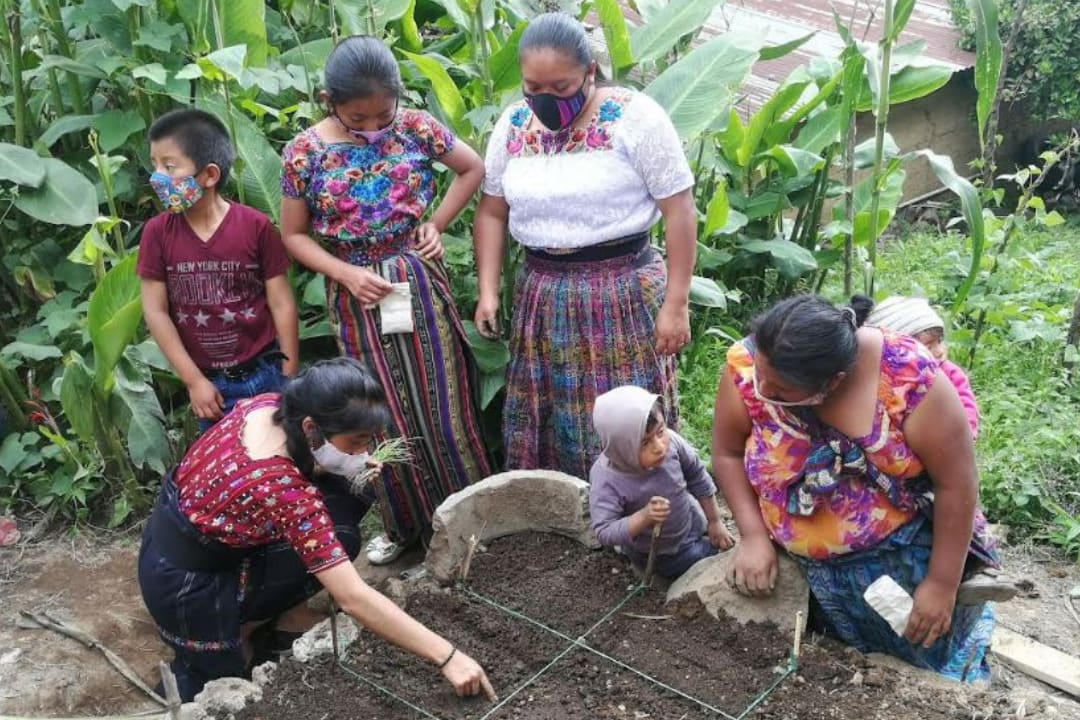
Marisol recalls how in 2020, she saw how food insecurity rates were increasing. "In August of that year, I started this project that is not only about the family gardens themselves but also about empowering these women who believe they are only meant to raise a family and take care of their husband. Each mother has a different story, and it is very nice to hear that they feel important creating these gardens," Marisol says.
"At MAIA Impact School, we believe in preparing these young girls with the necessary tools that make them changemakers and preparing them to become leaders in their small villages," says Vilma Saloj, director at MAIA Impact School. "We want them to feel proud of their roots and their identity. We want to close all those gender gaps."
Marisol has run into challenges along the way, including when the husband of one of the mothers in the Huertos Familiares program told Marisol "this was not a job for me because for the construction of the gardens you need to use tools like a machete… and only men know how to use that." But she says that this did not stop her and that all she wants is to keep inspiring other women.
"Very few females in my community become leaders. It is not common at all to talk about women's empowerment—we have this idea that men always lead"
Marisol, 17, founder of Huertos Familiares
From the end of 2020 until now, Marisol has worked with several families in her village and has taught women how to make the most of their gardens and strengthen their farming practices. Through these workshops, which she teaches in Kaqchikel, she says, "Females learn about eliminating bad eating habits, how to harvest seeds, and I even teach them new recipes for cooking."
According to Lindsey Musen, founding board member at Limitless Horizons Ixil, a non-profit organization in Guatemala that promotes education for Indigenous communities, "empowerment should be part of the academic and learning process rather than an after-school activity. Challenging gender norms through female leadership and representation is necessary, so families can see that investing in girls' education can pay off."
While the pandemic was severe for most Maya girls, and many decided it was not worth the effort to continue studying, Marisol's story will encourage those who believe they can make an impact in their community, regardless of age or gender. Ambitious females who are leaders create a safer and more empowering space for other women, who in turn see possibilities they have not seen before.
As Marisol said about her family gardens project, "The seeds we use for this, I believe, are like us females; they bloom if we want them to bloom."
